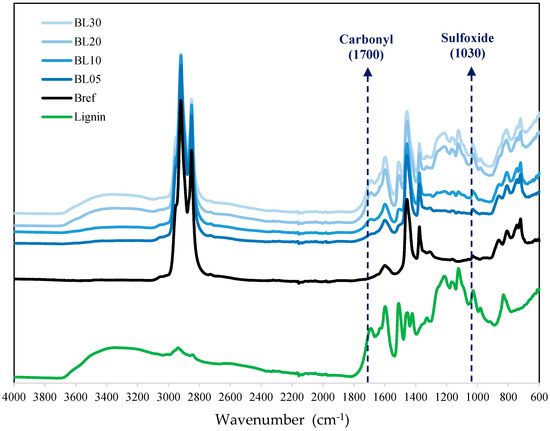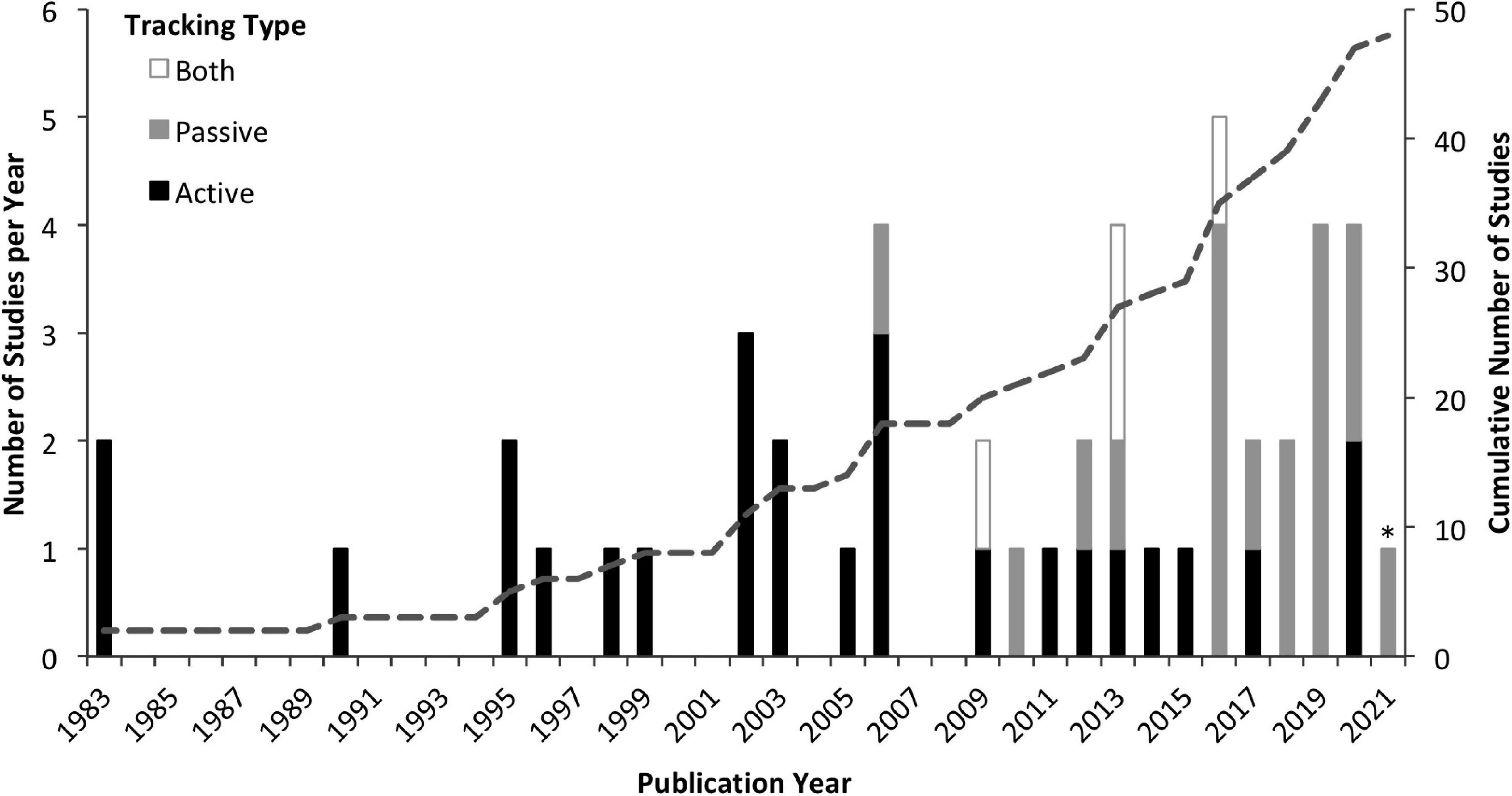

The TP53 protein is a critical tumor suppressor that plays a fundamental and multifaceted role in the development of cancer and cancer therapy. We review the history and current standing of efforts to understand these mechanisms and how they complement each other in tumor suppression. Remarkably, despite extensive investigation, the specific mechanisms by which TP53 acts as a tumor suppressor are yet to be fully defined. This is confirmed in animal models, in which a defective Tp53 gene leads inexorably to cancer development, whereas reinstatement of TP53 function results in regression of established tumors that had been initiated by loss of TP53. The importance of Tp53 in tumor prevention is exemplified in human cancer where it is the most frequently detected genetic alteration. The TP53 protein provides essential functions in the cellular response to diverse stresses and safeguards maintenance of genomic integrity, and this is manifest in its critical role in tumor suppression.

The fundamental biological importance of the Tp53 gene family is highlighted by its evolutionary conservation for more than one billion years dating back to the earliest multicellular organisms.


 0 kommentar(er)
0 kommentar(er)
